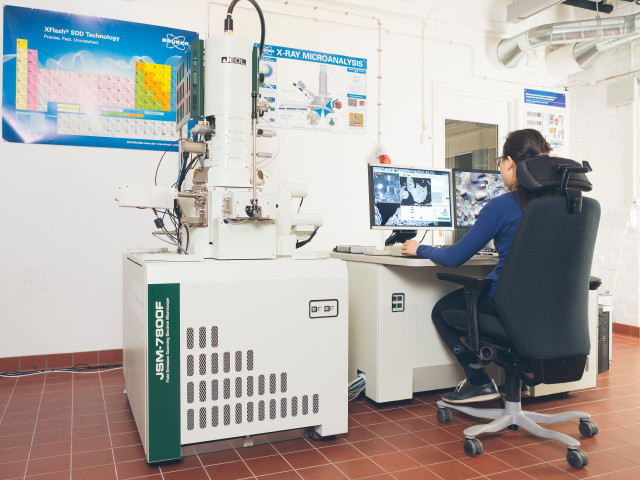The course gives an overview over both component casting and processes such as ingot casting, continuous casting and direct casting and describe and explain the problems that can arise during metal casting, solidification and cooling.
In particular, the following is addressed during lessons, exercises and practical work:
Casting methods for production of components and manufacturing of sheet metal, steel bars and wire.
The hydrodynamics, flow processes at casting and the properties of the melt system in relation to its casting properties.
Models for solidification from thermal conductivity viewpoint for different casting processes.
The structure formation in different casting processes. Nucleation in and inoculation in melts.
Formation of micro and macro segregation.
Structural changes at heating, forming and homogenisation.
The solubility of gases in melts and precipitation of gas and of secondary phases during solidification.
Influence of shrinkage on solidification processes.
Cooling shrinkage, thermal stress and crack formation during cooling.
Analytical and numerical modelling of solidification and casting processes.
